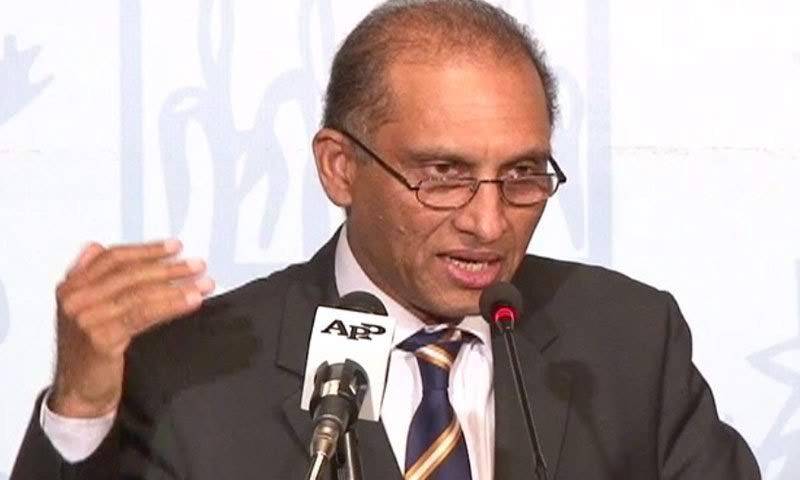ISLAMABAD: Afghanistan must limit military gains by the Taliban and offer incentives to the insurgents to revive a faltering peace effort, a top foreign ministry official said, after the latest round of talks yielded little progress.
The Afghan Taliban control or contest more territory than at any time since they was ousted by a US-led intervention in 2001. The militants did not show up at talks on Wednesday in Islamabad, which also involved China and the United States.
Afghanistan declined to send a full delegation to Islamabad in protest against what it says is Pakistan’s unwillingness to do more to pressure Taliban leadership, including those on Pakistani soil, to join talks.
Foreign Secretary Aizaz Ahmed Chaudhry said efforts to persuade the Taliban to talk directly to the Kabul government could only bear fruit if the Afghan army stopped the Taliban from gaining the upper hand.
“We believe that there should be effective action by Afghan national security forces to ensure that there are no military gains by the Taliban,” Chaudhry told Reuters in an interview late on Thursday.
The Taliban “need to realise they would have more to gain on the table than they can do on the battlefield”, he said.
Afghan security forces have struggled to contain the Taliban since NATO-led forces pulled out of combat operations in 2014.
Fighting has been fierce and more than 6,600 Afghan soldiers and police were killed last year, according to the U.S. Special Inspector General for Afghanistan Reconstruction.
However, despite the brief capture by the militants of the northern city of Kunduz last year, they have not been able to capture and hold on to any provincial capital.
Chaudhry said officials at the Islamabad talks had told him Taliban gains in an offensive this year were not as big as the insurgents had hoped.
The first formal talks with the Taliban since their 2001 ouster collapsed in 2015 after it was announced that their founder, Mullah Mohammad Omar, had been dead for two years, throwing the militant group into disarray.
The movement has since split on whether to participate in talks.
“Optimistic”
Afghanistan has accused Pakistan of harboring militants seeking to topple the Afghan government, including the notorious Haqqani network, blamed for high-profile attacks in Kabul.
Pakistan denies that but nevertheless, the United States has also urged Pakistani to do more against militants on its soil.
The US Senate on Thursday passed a defense policy bill increasing restrictions on military aid for Pakistan over frustrations it has failed to crack down on the Haqqani network.
Chaudhry said the bulk of the Afghan Taliban leadership was in Afghanistan and Pakistan was using all “leverage and influence” at its disposal to get them to the table.
“We are doing whatever we can to persuade the Taliban and the Haqqani leadership, whoever we can contact,” he said. “We believe the Afghan government should also make … a similar kind of effort.”
The foreign secretary also urged Kabul to create “incentives” and confidence-building measures to persuade the Taliban that it was serious about giving peace a chance.
But last month, following a bomb attack in Kabul that killed 64 people, Afghan President Ashraf Ghani declared that, while the door to peace was not fully closed, military operations would have priority.
Ghani said he no longer expected Pakistan to bring the Taliban to the table but it must act against militants sheltering in its territory who rejected peace.
Chaudhry said the talks were not dead.
“We need to remain optimistic,” Chaudhry said. “The signal we get is that the Taliban have not said ‘yes’ to the talks but have also not said ‘no’.”






